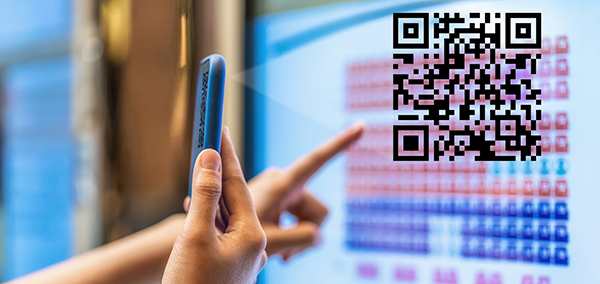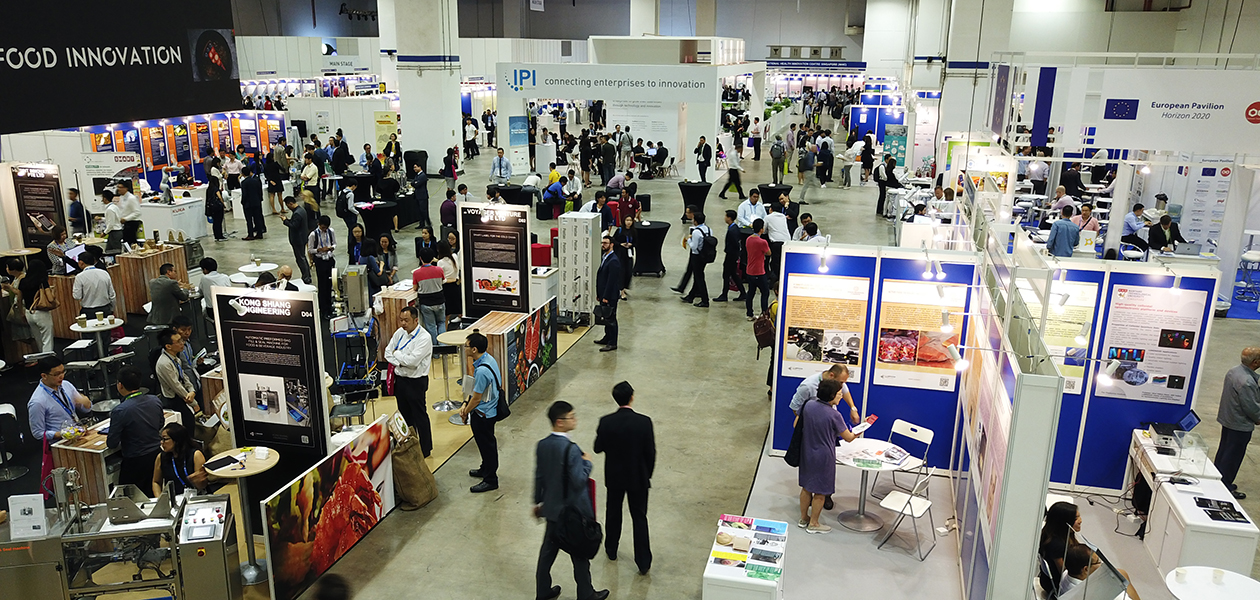A trio of TechOffers from TechInnovation 2017
TechOffers that deliver comfort, convenience and cleverness were on display at TechInnovation 2017.
Amidst a lively and congenial atmosphere, inventors and enterprise owners mingled at TechInnovation 2017, Asia’s premier industry-technology matching event organised by IPI Singapore. Over a span of two days, we scoured the sprawling innovation marketplace of more than 400 emerging and licensable technologies to bring you three unique TechOffers that can help your business deliver comfort, convenience and cleverness to your clients.

Creating comfort from copper
Buildings these days are mostly glass and metal structures that are cooled by air-conditioning. Despite the aesthetic appeal of such constructions, ensuring the comfort of the building’s occupants can be a challenge as heat and glare from sunlight can affect ambient indoor temperatures and impact productivity. Building managements may therefore incur additional costs by turning up the air-conditioning and installing shades.
The problems of both heat and glare can be solved by smart glass that can be reversibly darkened and even made reflective. A faculty member of the LUX Photonics Consortium, Professor Lee Pooi See and her team at Nanyang Technological University have invented a tristate electrochromic device consisting of a copper-ion-based solution (electrolyte) sandwiched between glass panels and connected to a power source. In response to an electrical current, the electrolyte changes the optical properties of the glass.
“By varying the electrical current applied to the electrolyte, our device can switch between transparent, coloured and mirror states in less than 60 seconds,” said Alice Eh, a research associate at Nanyang Technological University, Singapore, who helped develop this technology.
In tests, the device successfully blocked infrared radiation and reduced glare, achieving transmittance modulation of 80 percent and reflectance modulation of 60 percent. In addition to reducing the energy consumption of buildings, Eh further noted that such smart glass could also enhance privacy.
“Existing technologies typically only have dual states—clear and coloured, or clear and reflective. The tristate electrochromic device grants greater control and flexibility over glass properties and its uses,” she said.

Combining commerce with convenience
Online purchases now occur at the touch of a button on a mobile phone. Yet, delivery of goods is still largely accomplished manually, by couriers and postal services that go door-to-door to distribute items. Inefficiencies that arise with this manual system include wrong or unsuccessful deliveries.
To make purchase collection more convenient and efficient, Royal Vending Private Limited has revamped the vending machine so that e-commerce merchants can consolidate their drop-off locations and trust digital authentication methods to ensure that purchases are only dispensed to intended recipients.
“Our technology, the Vocatus platform, connects online e-commerce portals to vending machines, so that instead of one delivery person going to ten households, ten vending machines can serve up to hundreds of households within an assigned vicinity,” said Jae Teo, the founder of Royal Vending Private Limited.
“Our platform taps on multiple authentication options, such as mobile app verification and QR codes, to identify each consumer uniquely. Hence, we eliminate the issue of mismatch or wrong delivery,” she added. “Everything is automated, from purchase to collection, reducing the need manpower.”
Another possible use of the platform is the dispensing of prescription drugs. Once a doctor has authorised a prescription online, the medicine can be placed in a vending machine to be picked up by the patient or a caregiver. This opens the possibility of telemedicine, where the strict verification methods of the platform could enable clinics to safely serve patients with chronic illnesses and mobility issues.

Cleverness in digital form
For a long time, humans have been creating tools that mimic our physical functions. Only recently have we started developing software that mimics our cognitive abilities. Artificial intelligence (AI) programs are now able to recreate some of the functions of our brains, but this TechOffer by Xephor Solutions takes AI to the next level.
“Our system is not only able to do machine learning, but also to do machine thinking, which means it can be creative, it can suggest new ideas, improve processes and even react to new and unforeseen situations,” said Isabell Kunst of Xephor Solutions who was at the European Union booth at TechInnovation 2017. “This is what we call artificial general intelligence, or AGI.”
Conventional AI is highly efficient at performing a specific task, but if the ‘rules’ of the task are changed, the AI can get confounded. AGI, however can adapt automatically to these new conditions and continue to solve problems through machine thinking.
“Other AIs need a lot of training data, but we find that in real environments, such as in companies, you often don’t have a lot of training data, or you have incomplete datasets or different data types and sources, so you need a system to handle all this unstructured or mixed data,” Kunst added.
Currently, Xephor Solutions has deployed their AGI in four focus areas: finance, healthcare, marketing and security. Kunst cited the example of using the AGI for diagnosing prostate cancer, where the AGI uses a limited number of MRI scan images to identify cancerous areas. According to Kunst, AGIs will accomplish much more in the near future.

